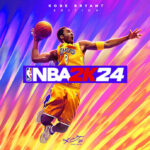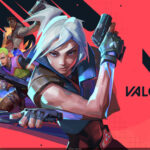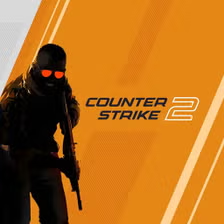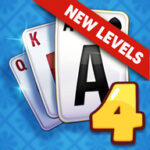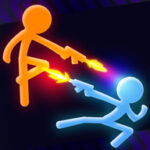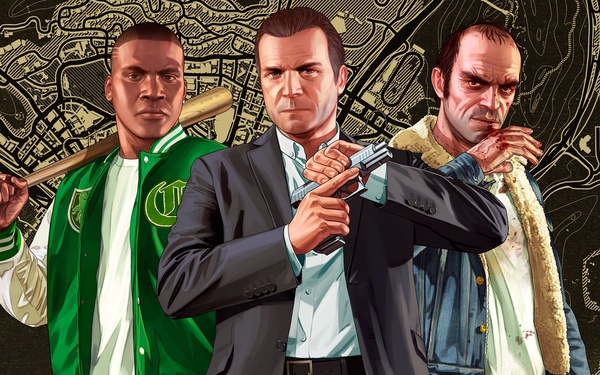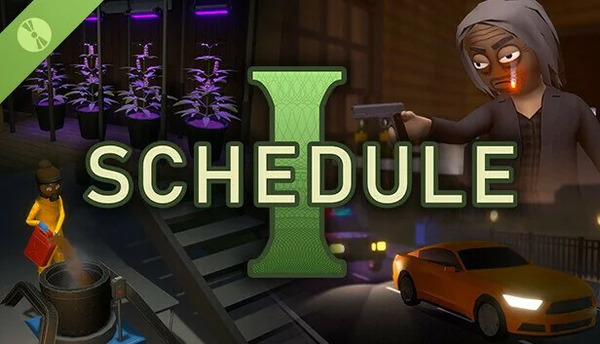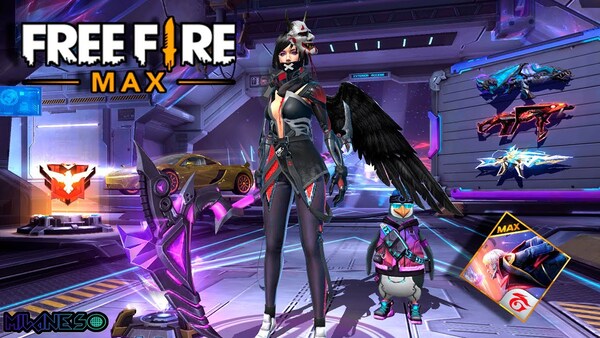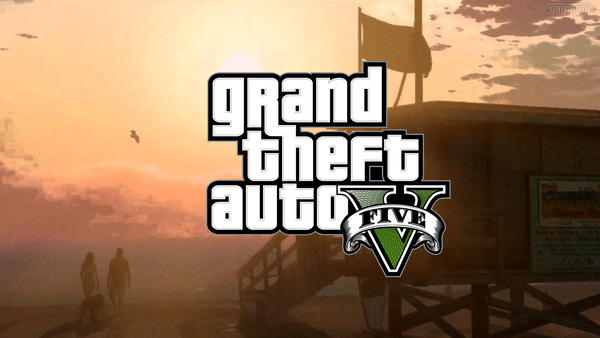Gorilla Tag has taken the VR world by storm, offering a completely fresh approach to movement and multiplayer interaction. In this in-depth review, we’ll cover everything you need to know about the game, from gameplay mechanics to its social features and how to download it. Whether you’re a VR enthusiast or new to virtual reality, this game has something unique to offer.
The Origins of Gorilla Tag
A One-Man Developer Project
Gorilla Tag was developed by a solo developer known as “Another Axiom,” who created the game as an experiment with locomotion in VR. What started as a simple concept quickly exploded in popularity.
Grassroots Growth
The game gained traction through word of mouth and viral content on platforms like TikTok and YouTube. Unlike other VR games that rely on high-fidelity graphics or complex systems, Gorilla Tag focuses on fun and simplicity.
Core Gameplay: Movement is Everything
No Joysticks, Just Arms
In Gorilla Tag, you move entirely with your arms—there’s no joystick locomotion. You push off the ground with your hands, just like a real gorilla. This movement style is intuitive and deeply immersive.
Climbing, Jumping, and Chasing
The gameplay involves climbing trees, swinging between branches, and tagging other players. It’s physical, chaotic, and exhilarating.
-
Locomotion: Hand-based movement only.
-
Objective: Tag or avoid being tagged.
-
Environment: Forests, caves, and user-generated maps.
Download Gorilla Tag today to experience the most engaging VR movement system ever made.
Game Modes and Updates
Evolving Content
While Gorilla Tag launched with a single mode, it has since grown. Developers continuously add new game modes, environments, and seasonal content.
Available Game Modes
-
Infection: The classic tag mode.
-
Hunt: Find and tag a specific player.
-
Paintbrawl: A newer addition that mixes tagging with projectile combat.
These updates have made Reviews even more favorable as content continues to evolve.
Graphics and Sound Design
Minimalist Aesthetics
Gorilla Tag’s graphics are intentionally simple. Characters are armless gorillas rendered with low-polygon models, giving the game a distinctive, blocky look.
Focus on Performance
This low-poly design ensures high performance across a range of VR headsets. Whether on Quest 2 or PC VR, gameplay is smooth and responsive.
-
No lag in crowded servers.
-
Clean audio for voice chat and ambient sounds.
-
Low spec requirements, making the download lightweight.
Community and Multiplayer Experience
Social VR at Its Best
Gorilla Tag is, at its heart, a social game. Voice chat is always enabled, which leads to spontaneous conversations, roleplaying, and even music performances.
Community-Driven Creativity
Players organize custom events, tournaments, and even in-game theater shows. Mods and custom maps add to the experience, expanding the game’s boundaries.
User Reviews and Ratings
What Players Are Saying
With overwhelmingly positive reviews, Gorilla Tag holds high ratings across various platforms.
“The most fun I’ve had in VR, hands down.”
– Oculus Store Review
“This game proves you don’t need graphics when the gameplay is this good.”
– Steam User Review
Highlighted Praise
-
Intuitive movement
-
Addictive gameplay
-
Endless community content
Search “Gorilla Tag Reviews” online, and you’ll find testimonials from players, YouTubers, and VR streamers who can’t stop praising it.
How to Download Gorilla Tag
Available Platforms
Gorilla Tag is available on:
-
Meta Quest Store
-
SteamVR (PC)
-
SideQuest (for mods)
Step-by-Step Download Guide
For Meta Quest:
-
Open the Meta Store on your headset.
-
Search for Gorilla Tag.
-
Click the Download button.
-
Launch and enjoy!
For PC VR (Steam):
-
Go to Steam and log in.
-
Search for Gorilla Tag.
-
Click Download and install.
-
Connect your VR headset and start playing.
You can also find the game on SideQuest if you're interested in mods. Mods require careful handling but can add maps, cosmetics, and more.
Pros and Cons
What Makes It Great
Pros:
-
Intuitive movement and physical gameplay.
-
Active and passionate community.
-
Regular updates and content additions.
-
Lightweight download and excellent performance.
Where It Falls Short
Cons:
-
No arms or full-body avatars may deter some players.
-
Learning curve for movement can be frustrating at first.
-
Toxic behavior in voice chat is possible in public lobbies.
Despite minor drawbacks, the Reviews speak for themselves—this is a VR gem.
Mods and Custom Content
Unleash the Full Potential
Mods have become a key part of Gorilla Tag’s extended universe. From custom maps to quality-of-life enhancements, modding keeps the game fresh.
Getting Started with Mods
-
Use SideQuest or Monkey Mod Manager.
-
Always back up your game files.
-
Join modding communities for support.
Download mods responsibly and you’ll unlock a whole new layer of fun.
Tips for New Players
Learn Faster, Tag Better
Getting good at Gorilla Tag takes time, but here are some helpful tips:
-
Practice arm movements daily.
-
Watch tutorial videos on YouTube.
-
Join beginner lobbies to get used to the pace.
Etiquette and Safety
-
Be respectful in voice chat.
-
Take breaks to avoid VR fatigue.
-
Always clear your physical space before playing.
Conclusion: Gorilla Tag Is a VR Must-Have
In conclusion, Gorilla Tag is more than just a game—it’s a phenomenon. Its innovative movement system, lively community, and evolving content have made it a staple in the VR world. Whether you’re in it for the laughs, the workouts, or the chase, Gorilla Tag delivers.
With thousands of glowing Reviews, a lightweight Download, and one of the most active VR communities today, there's no reason not to give it a try. It may not be traditional in design, but that’s exactly what makes it unforgettable.
Download Gorilla Tag now, and experience what VR was truly meant to be.




